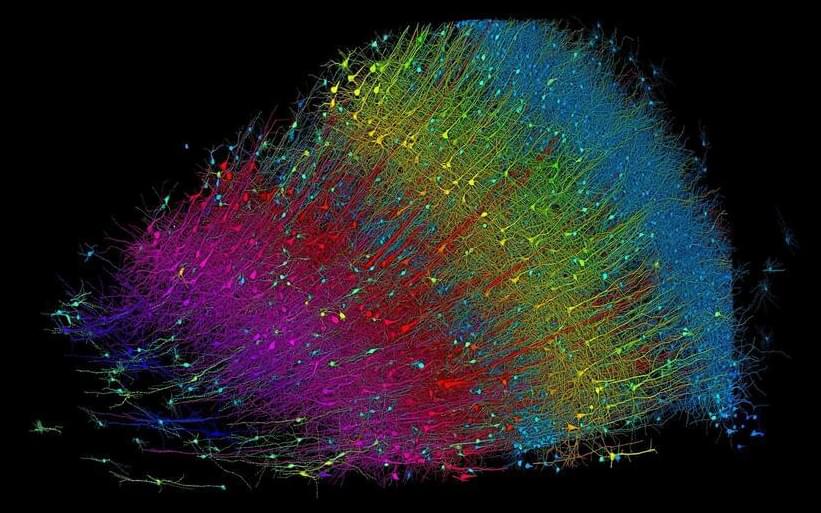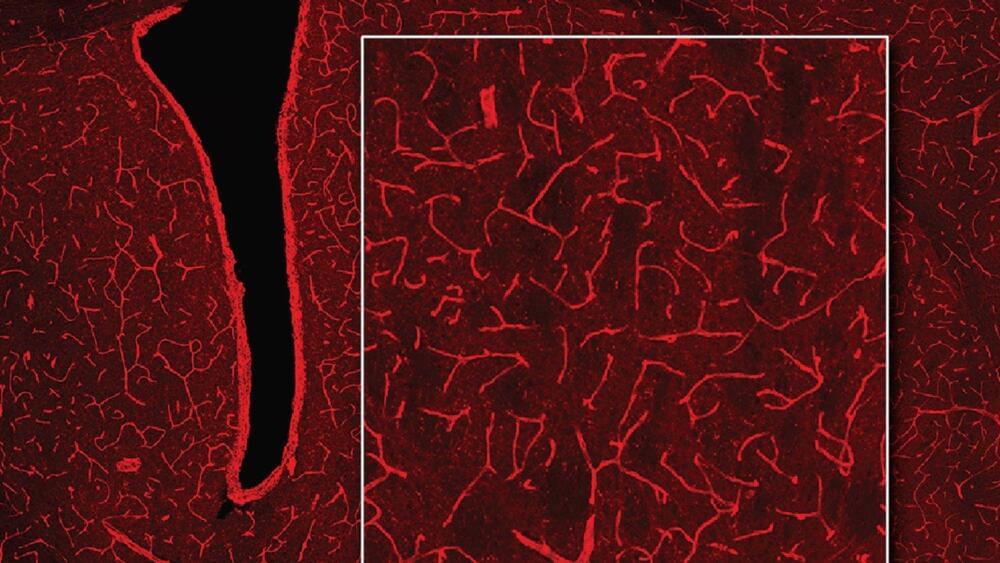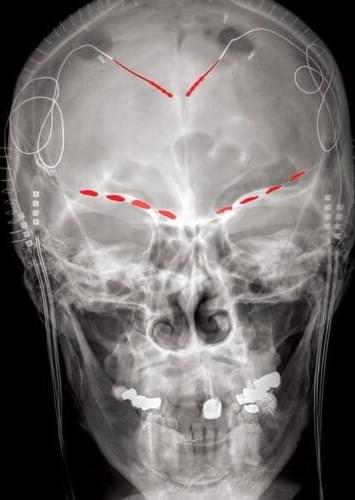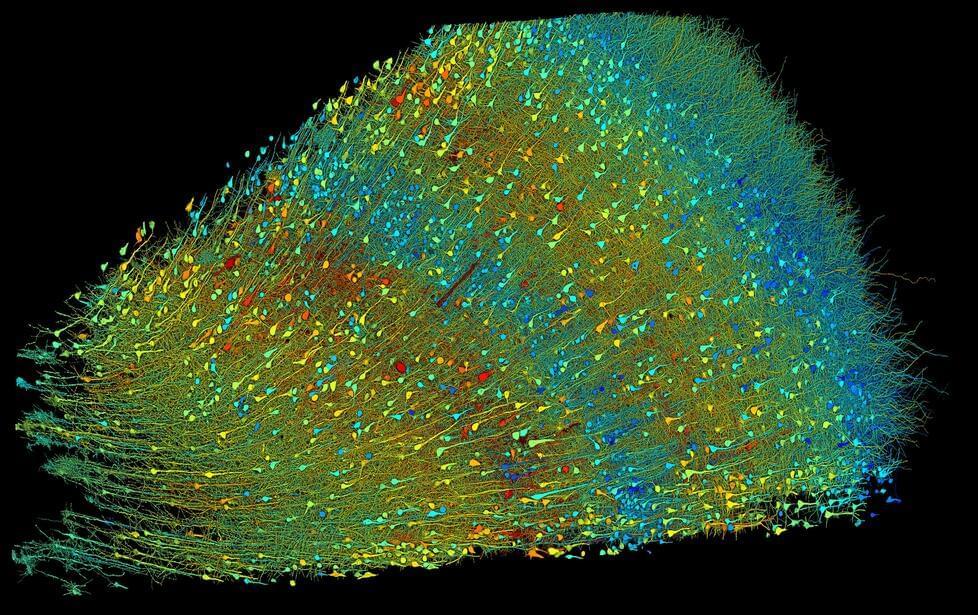May 15, 2024
Cannabis compound’s neuroprotective properties revealed — could be key to treating Alzheimer’s and Parkinson’s
Posted by Quinn Sena in categories: biotech/medical, neuroscience
Currently, treatments are largely limited to symptomatic relief rather than addressing the underlying disease progression. Given this gap in treatment options, there is a significant need for new therapies that can protect brain cells and potentially reverse damage.
Cannabinol (CBN), a compound derived from the cannabis plant, has emerged as a candidate for such treatments due to its neuroprotective properties, which are evident without the psychoactive effects associated with other cannabinoids like THC.
Previous studies indicated that CBN could help preserve mitochondrial function in brain cells, an essential factor for cell survival and energy production. Mitochondrial dysfunction is a common feature in several neurodegenerative diseases, often leading to cell death. By focusing on CBN and its derivatives, researchers aimed to develop new pharmacological strategies to prevent or mitigate the cellular mechanisms that lead to neurodegeneration.

















